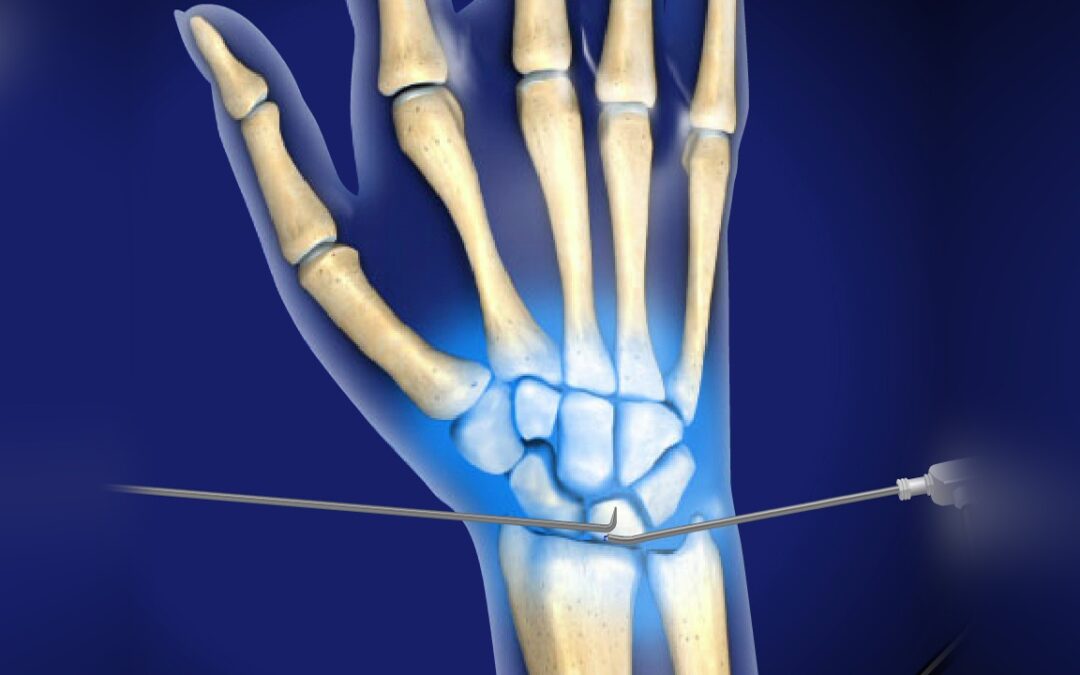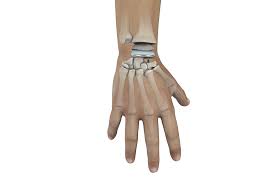Hand Fracture Surgery
A hand fracture is a break in one or more of the bones in the hand. Hand fractures can be caused by a variety of things, including falls, sports injuries, and workplace accidents. The vast majority of hand fractures can be managed without surgery in a splint however, in certain circumstances you may need surgery to fix the fracture and give you the best outcome in terms of healing.
Hand fracture surgery is a procedure to repair a broken bone in the hand. The type of surgery that is performed will depend on the specific fracture. Some common hand fracture surgeries include:
- Open reduction internal fixation (ORIF): This procedure involves making an incision in the hand and then using screws, plates, or pins to hold the bone fragments in place.
- Closed reduction: This procedure involves realigning the bone fragments without making an incision. This is often done under local anesthesia.
- Bone graft: If the bone is too badly damaged, the surgeon may need to use a bone graft to repair the fracture. A bone graft is a piece of bone that is taken from another part of the body or from a cadaver.
Who is a good candidate for hand fracture surgery?
Hand fracture surgery is a good option for people who have a broken bone in the hand that is not healing properly on its own. Other factors that may make someone a good candidate for hand fracture surgery include:
- Age: Younger people are more likely to have a good outcome from hand fracture surgery.
- Occupation: People who use their hands for their job may be more likely to benefit from hand fracture surgery.
- Overall health: People who are in good overall health are more likely to have a good outcome from hand fracture surgery.
What are the risks of hand fracture surgery?
The risks of hand fracture surgery are similar to the risks of any surgery, including:
- Infection
- Bleeding
- Nerve damage
- Scarring
- Failure of the surgery
What happens during hand fracture surgery?
The specific procedure that is performed will depend on the individual patient’s needs. However, all hand fracture surgeries are typically performed under local, regional or general anaesthesia. The surgeon will manage the fracture with manipulation of the fracture into a better position and then insertion of wires or plates and screws to hold it in this better position. This may or may not involve making an incision in the hand over the fracture site to get access to it. After the surgery, the surgeon will close the incision with stitches and apply a cast if appropriate.
How long does hand fracture surgery take?
The length of time that hand fracture surgery takes will depend on the specific procedure that is performed. However, most hand fracture surgeries take between 1 and 2 hours.
What is the recovery time for hand fracture surgery?
The recovery time for hand fracture surgery will depend on the specific procedure that is performed. However, most patients will need to wear a splint or brace for 4-6 weeks after surgery. They will also need to avoid strenuous activity for 4-6 weeks.
What are the results of hand fracture surgery?
The results of hand fracture surgery vary from patient to patient. However, most patients experience a full recovery and are able to return to their normal activities after surgery.
Here are some additional tips for patients considering hand fracture surgery:
- Be realistic about your expectations. Hand fracture surgery cannot completely change the appearance of your hand.
- Choose a board-certified hand surgeon with experience in hand fracture surgery.
- Ask your surgeon about their aftercare plan.
- Be prepared for a lengthy recovery period.
- Be patient with your results. It can take up to a year for your hand to fully heal.













